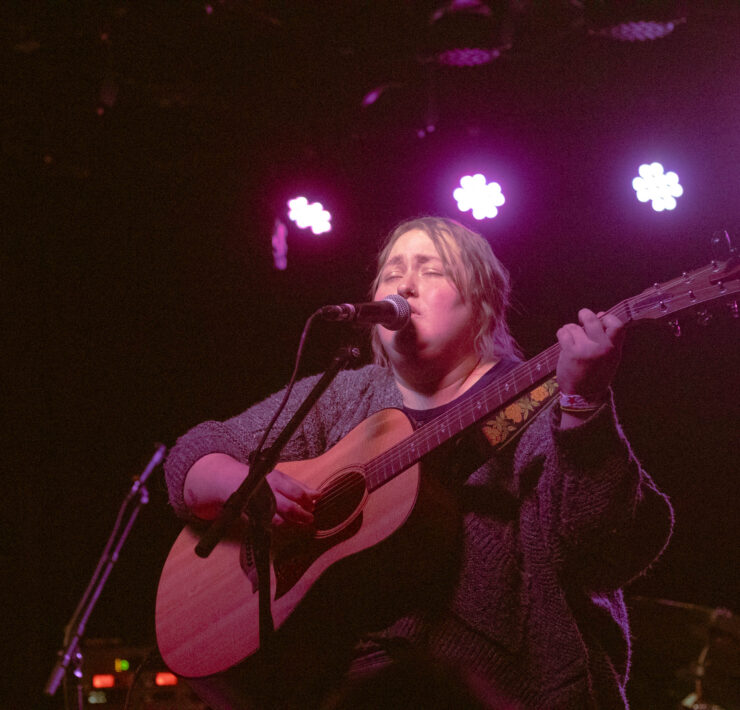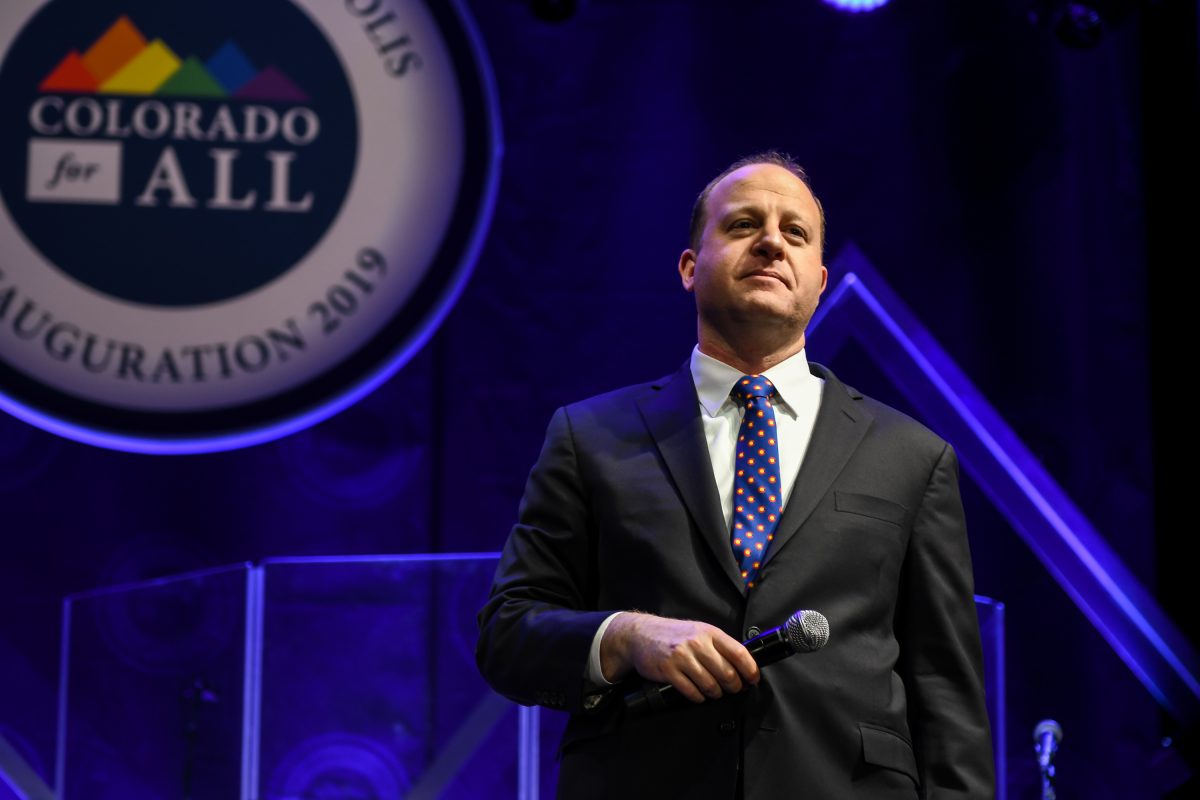The Coming Out Group: How a Discreet Denver Meetup Spread Gay Liberation

The story of the Denver Coming Out Group isn’t widely known, which is strange since between 1976 and 2011, an estimated 8000 men and women attended, having frank discussions with each other about gay life and identities. We often celebrate the big political milestones in queer history — and these are meaningful — but the process of liberation, of coming out, is slower, sometimes stretching over years or even decades for an individual. Just ask Don McMaster.
In 1975, Don was just beginning his job as a Catholic schoolteacher in Lakewood. Closeted for obvious reasons, he felt isolated and despairing.
“I was acting out in ways that I wasn’t pleased with,” he says. “I thought, ‘I’m going to do myself in.’”
Then he found the Gay Coalition’s hotline. Craig Henderson, the President of the Coalition, invited him to meet over coffee.
“Craig just listened,” Don says. “Then he introduced me to his people and his boyfriend. They weren’t all drag queens or leather people. It helped me realize that there were other options for me.”
Once Don had found a place in a new social circle, he and Craig wondered: What if they hosted a coming out class for other Denver gay people who were suffering alone in the closet?
“Our original idea was a series of classes that would lead to a gay diploma,” says Don, “but on our first meeting on May 3, 1976, none of the 30 people who showed up wanted a gay diploma. They wanted to talk, to hear from others, and to understand where they were.”
A self-organizing entity that met for almost 35 years, the Coming Out Group proved to be one of the most enduring under-the-radar non-institutions in Denver. They would gather as a large group, many of them wearing pseudonymous nametags. As word of mouth spread, the event grew exponentially — three, five, and then seven small groups met throughout the church, discussing a six-week cycle of topics such as religion, the law, desire, and being out at work.
“Our primary goal was for people to feel respected,” Don explains. “To give people a chance to see themselves as more than society told them they were.”
As Don co-led the group over decades, however, he became more aware of his life’s central irony. He was leading a coming-out class but, as a Catholic school teacher, unable to come out himself. In fact, the only reason Don can share his story now is because he has retired and is receiving his pension.
“I was very discreet and followed all the rules. I knew I’d lose everything if I didn’t. Of course, I did sing in the Gay Men’s Chorus, but I always figured if someone from the school showed up to one of our concerts, we would be mutually incriminated.”
Throughout the AIDS crisis, the Coming Out Group held space for individuals to share their fears, offer mutual support, and learn the latest medical information. Many of the group members were empowered to found public LGBT organizations, including the Gay Men’s Chorus. In the mid-aughts, as public acceptance of lesbians and gays expanded, the need for general groups like it gradually ended, but for an entire generation of queer men and women in Denver, the Group was a vital resource. Don says it best:
“It made me a more empathetic person. You know, when I was going through my own drama back in the 70s, you somehow feel that you are the only one, that you are weird or unique, that something is wrong with you. Sitting with those guys over 29 years really wore the edge off that real fast. Our lives are not nearly as unique as we think they are.”
What's Your Reaction?
Paul Bindel loves food preservation, poetry, and theatre. He lives in and writes from a housing cooperative in Capitol Hill.










